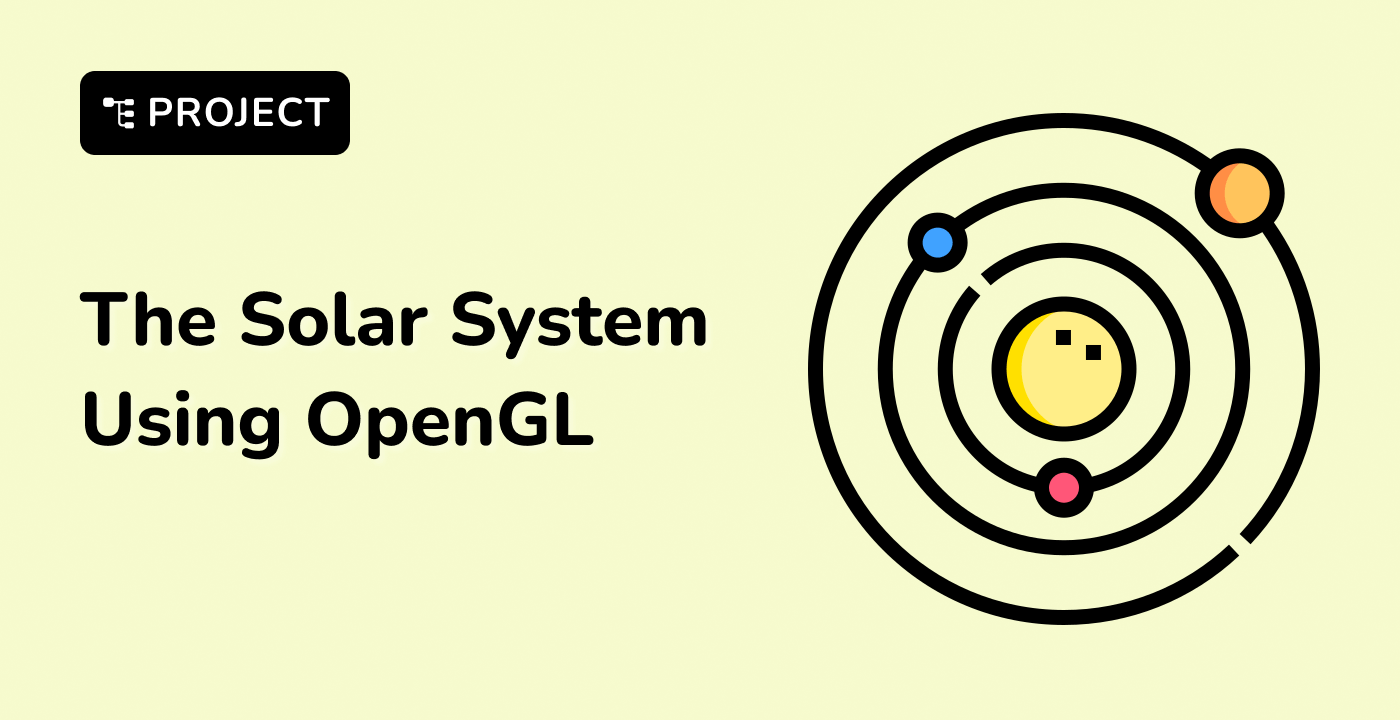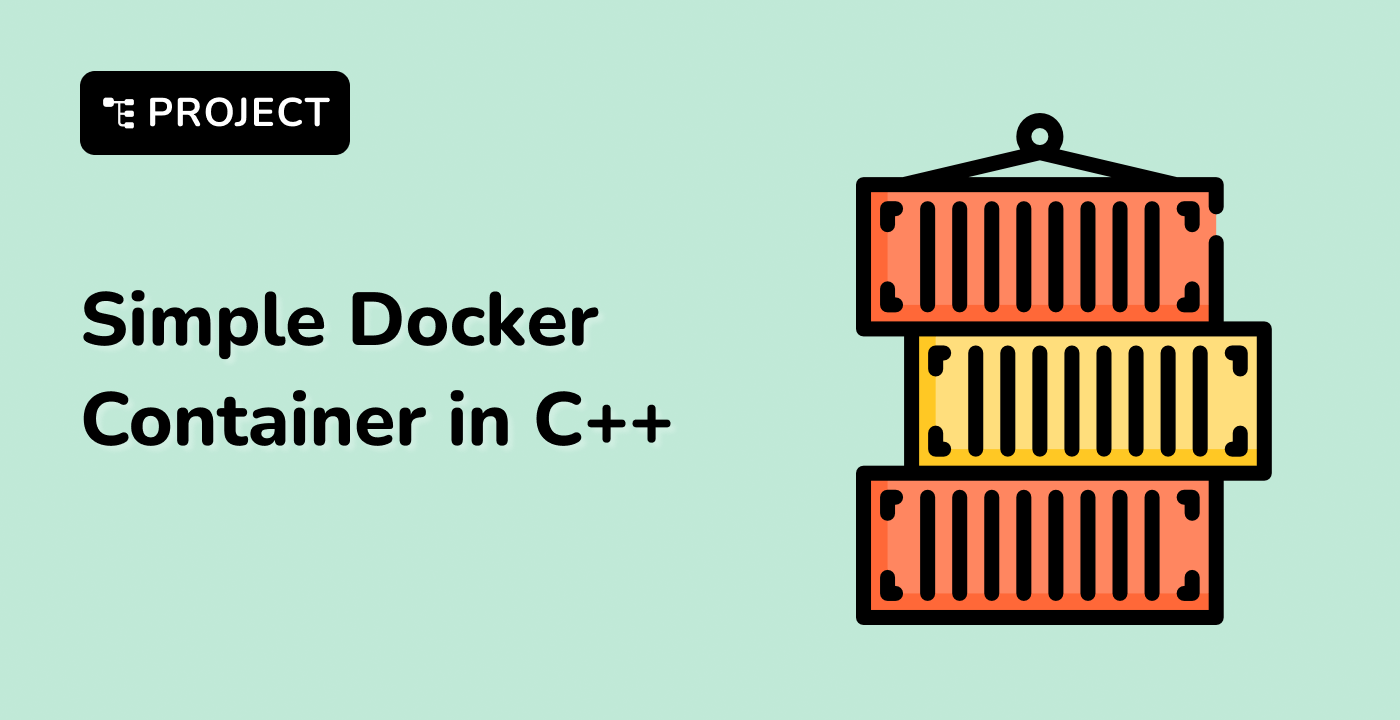Introduction
In the complex world of C++ programming, correctly linking stack libraries is crucial for developing robust and efficient software applications. This tutorial provides developers with comprehensive insights into stack library linking mechanisms, addressing common challenges and offering practical strategies to ensure seamless integration and optimal performance.



